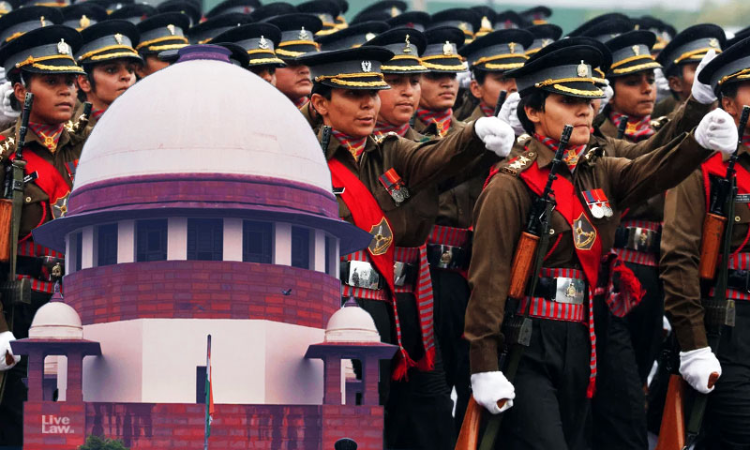"They May Have Climbed Mount Everest In The Past, Now You Say They Are Not In Shape-1": Supreme Court To Govt. On Permanent Commission Of Women In Army
Mehal Jain
9 March 2021 9:57 PM IST

Govt’s Failure To Consider Women Officers At Appropriate Time Cannot Be Used To Say Today that They Are Not In Shape-1, Supreme Court told Centre.
Next Story


